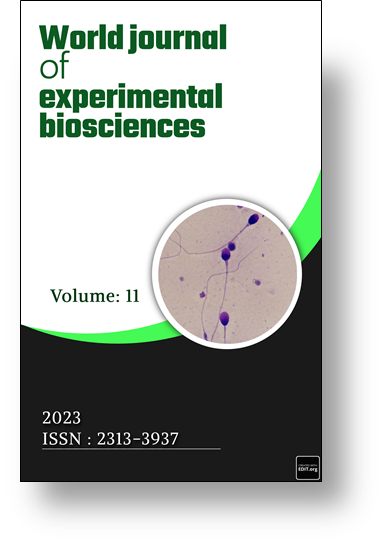Antimicrobial Effect of Soil Microorganisms’ Products against Different Clinical Bacterial Isolates
Keywords:
Aspergillus, Antibacterial agents, Pathogenic bacteria.Abstract
Finding an effective antibacterial against a wide spectrum of antibiotic-resistant bacteria is a major challenge for scientists. The current study aims to investigate microorganisms that produce antibacterial agents in soil. In the present study, 65 soil samples were collected from different areas of Baghdad. Microorganisms were grown in nutrient broth to collect the extracellular secretions of these microorganisms. The effect of substances secreted by microorganisms in each sample into the growth media against four species of pathogenic bacteria (Escherichia coli, Staphylococcus aureus, Streptococcus pneumoniae, and Enterobacter spp) was estimated using well diffusion method. The study showed that 9.1% of soil samples produced antibacterial substances against four pathogenic bacteria, but with different levels and effectiveness. The highest effect of these secretions was against S. aureus and E. coli, as the study showed that 8 samples produced anti-S. aureus substances. Five samples containing microorganisms that produce anti-E. coli. While the study showed that the microorganisms present in one sample produced anti-S. pneumoniae and Enterobacter spp. Aspergillus and Penicillium represent the highest percentage of microorganisms in the soil samples, followed by Saccharomyces. It can be concluded from the current study that there is a large percentage of microorganisms that can produce antibacterial substances, and this opens the door to the possibility of obtaining new antibiotics that can help treat diseases caused by antibiotic-resistant bacteria.
Downloads
Published
Issue
Section
License

This work is licensed under a Creative Commons Attribution-NonCommercial-NoDerivatives 4.0 International License.
All articles in the World Journal of Experimental Biosciences are published under the terms of the Creative Commons Attribution 4.0 International License (CC BY 4.0), which permits unrestricted use, distribution, and reproduction in any medium, provided the original work is properly cited.




